According to experts, plastic pollution is currently spreading globally; in which, microplastics (super small pieces of plastic) have penetrated environmental ecosystems, even the human body. According to statistics from the Ministry of Natural Resources and Environment , each year in Vietnam, about 1.8 million tons of plastic waste are released into the environment (0.28-0.73 million tons are discharged into the ocean), but only 27% of this is recycled and utilized by facilities and businesses.
As a result, marine ecosystems are threatened, severely affecting the lives of millions of coastal residents. While concerns about microplastics are growing, determining the true scale and impact of the problem remains a major challenge for scientists and policymakers.
To address this problem, researchers at Monash University have developed an advanced artificial intelligence (AI) program that can analyze microplastics more quickly and accurately. Despite growing awareness of microplastics, scientists still lack detailed data on the types and pathways they take in the environment. The new AI tool uses advanced machine learning algorithms to analyze thousands of microplastic samples in seconds – a task that could take months if done manually.
Identifying microplastics is not as simple as looking under a microscope. Many natural materials, such as pieces of shell or algae, resemble microplastics, making identification difficult. Monash’s AI program addresses this problem by analyzing the chemical composition of samples using Fourier transform infrared spectroscopy (FTIR). This allows scientists to find the signatures of each type of plastic, creating the world’s first comprehensive microplastic database.
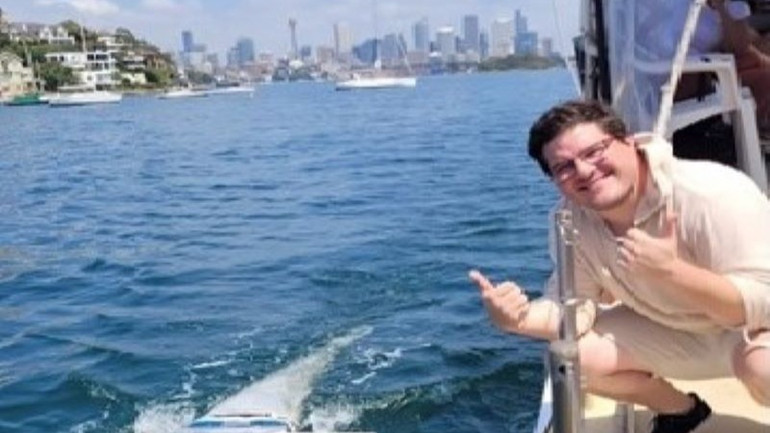 |
Dr. Frithjof Herb studies microplastics. |
This groundbreaking project is led by PhD student Frithjof Herb, under the supervision of Dr Khay Fong from the Department of Chemistry, Monash University.
“We are solving a major hurdle in the fight against microplastics. This tool enables large-scale data analysis, giving us a clearer picture of where microplastics come from and where they go,” said Frithjof Herb.
Another key advantage of this AI tool is its ability to adapt to the ever-changing nature of plastics. “Plastics are constantly changing, both in terms of their production processes and how they degrade in the environment,” Herb explains. “Traditional methods have a hard time keeping up, but our AI can quickly update new data.” What’s more, the program can run smoothly on ordinary laptops, making it easy for researchers around the world to access and use.
For Vietnam and many other developing countries, this technology could be a game-changer in the fight against microplastic pollution in vital waterways. As urbanization accelerates and awareness of plastic pollution increases, such cutting-edge research is vital to protecting ecosystems. Applying AI to environmental monitoring will help scientists and regulators come up with more effective solutions to prevent microplastic pollution in the first place.
Source: https://nhandan.vn/dai-hoc-monash-phat-trien-cong-cu-ai-doi-pho-khung-hoang-vi-nhua-toan-cau-post860478.html







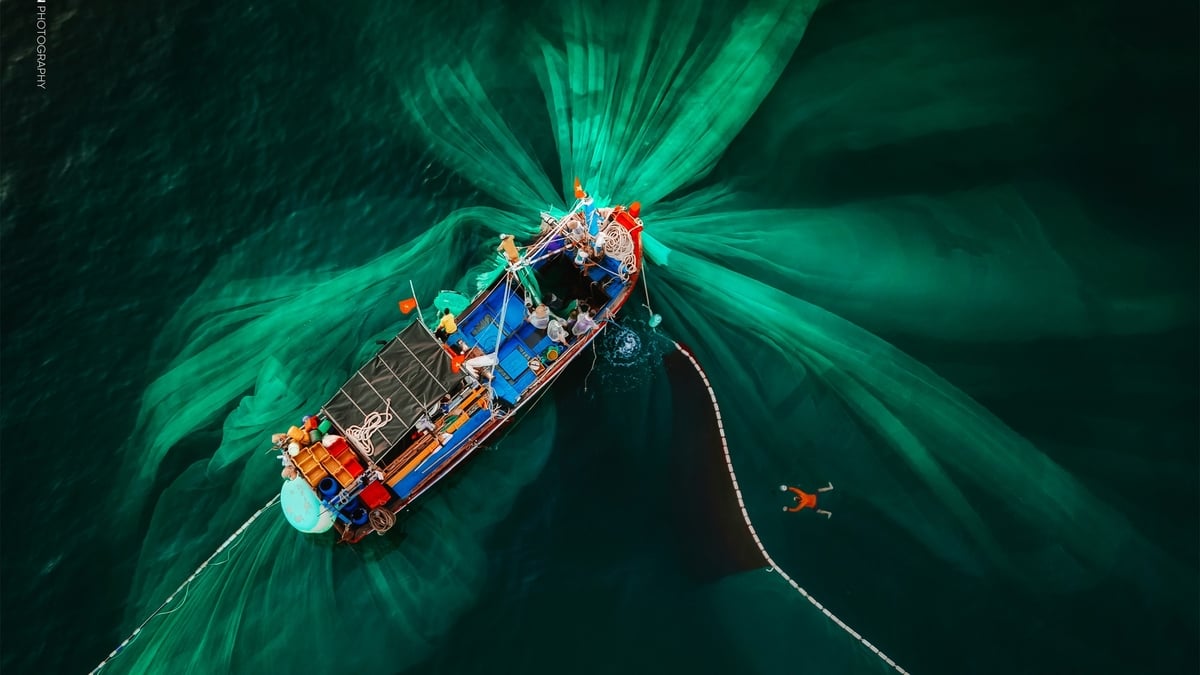










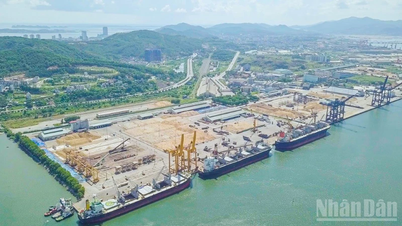
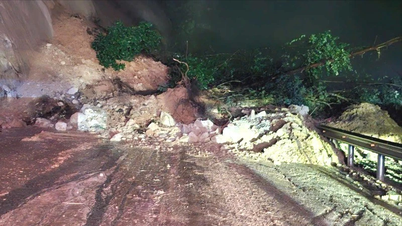
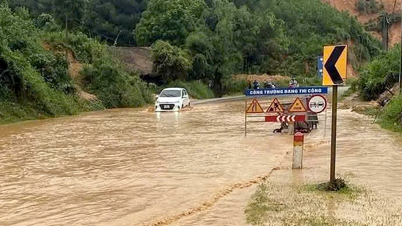

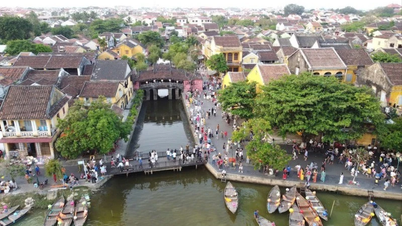
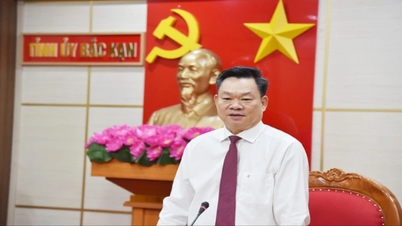




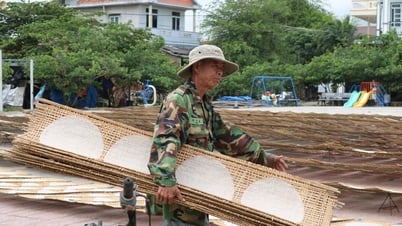




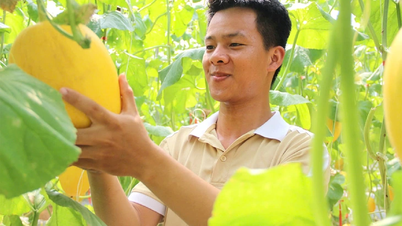













![[Maritime News] Wan Hai Lines invests $150 million to buy 48,000 containers](https://vphoto.vietnam.vn/thumb/402x226/vietnam/resource/IMAGE/2025/6/20/c945a62aff624b4bb5c25e67e9bcc1cb)









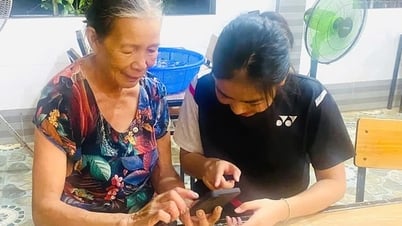




![[Infographic] Party Committee of the Ministry of Culture, Sports and Tourism: Marks of the 2020 - 2025 term](https://vphoto.vietnam.vn/thumb/402x226/vietnam/resource/IMAGE/2025/6/22/058c9f95a9a54fcab13153cddc34435e)
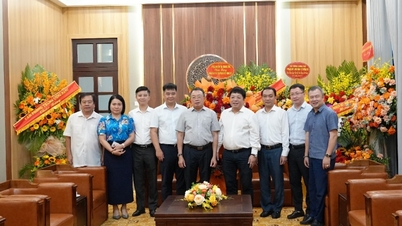




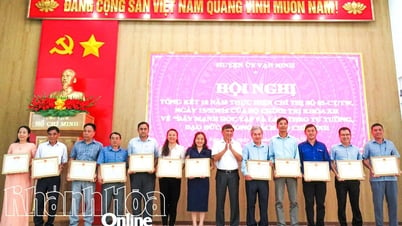
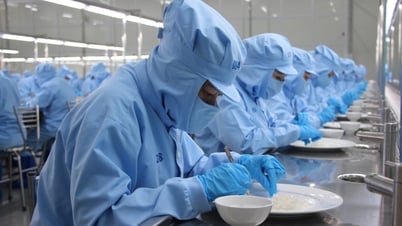


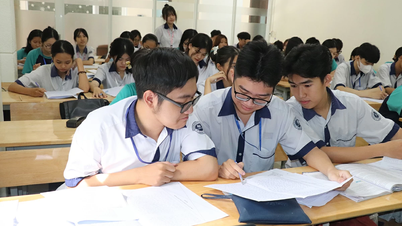
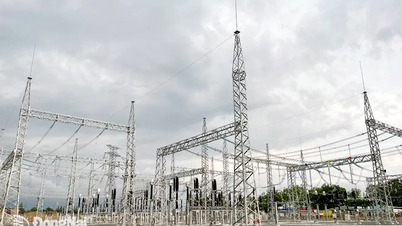










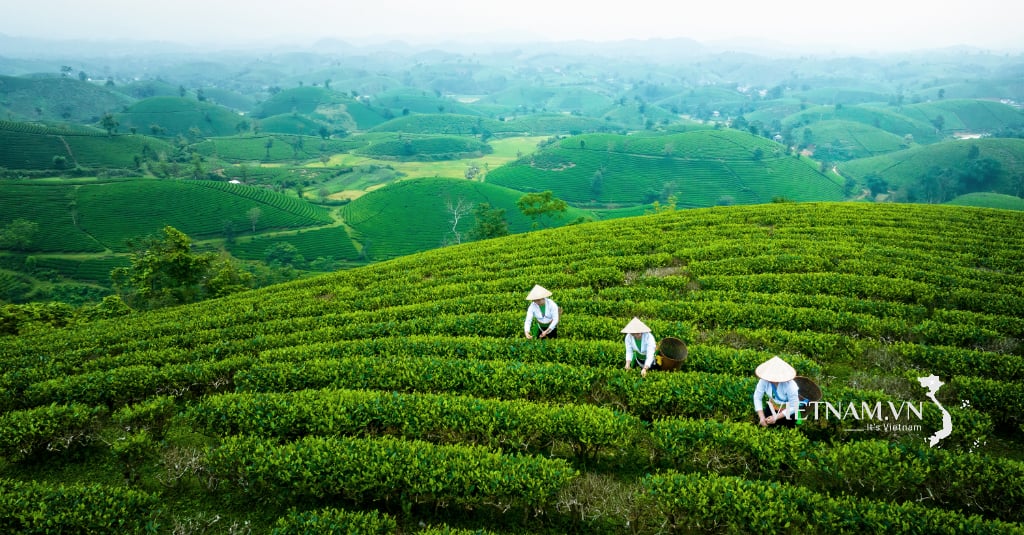

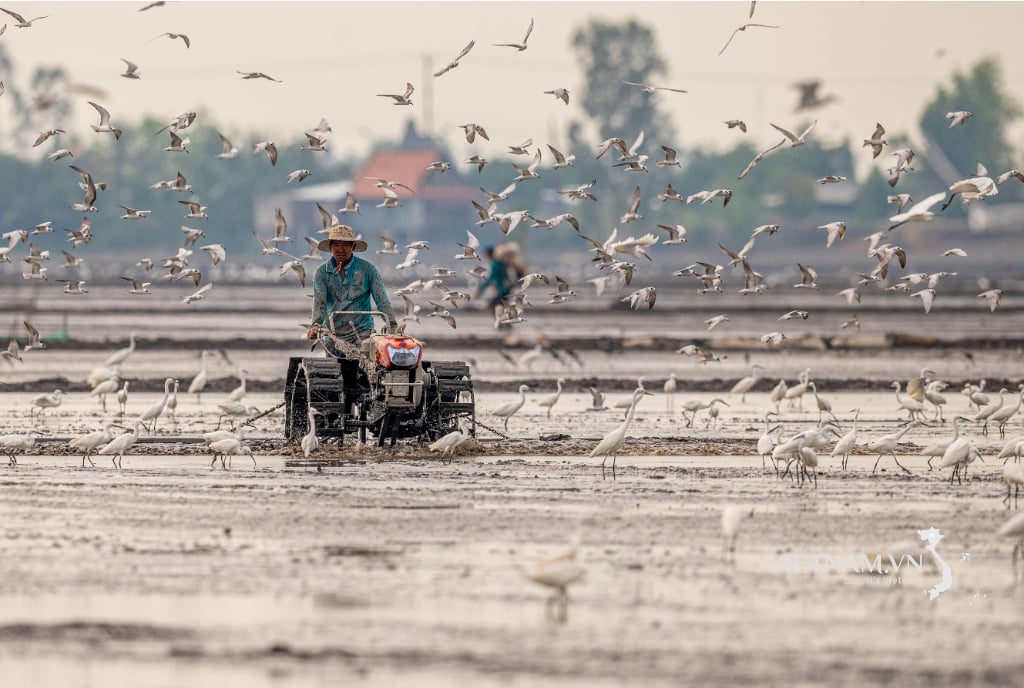
Comment (0)